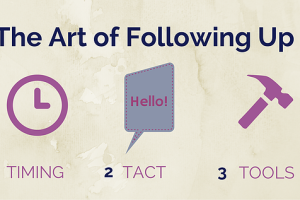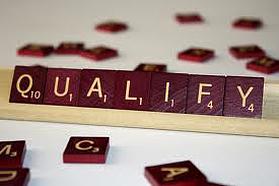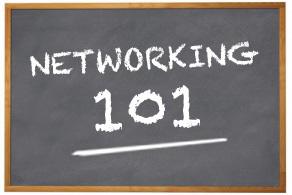They say it is a beautiful thing when two people can share silence in a conversation…. Unfortunately, most of the time the same cannot be said of the silence that arises in sales conversations. Most sales reps dread even the thought of it and will do anything to prevent it: babble on, repeat themselves and so on.
I have seen one too many a sales rep failing to close a sale because they spoke too soon and too much. At the moment when they should have recognized silence as a positive thing (an indication that a prospect was genuinely reflecting upon the offer), they interpreted it as a negative sign and broke it. They started overdoing it with the testimonials, repeating the previously stated arguments, which, finally, turned the off.
Silence, on the other hand, if used right, can be a powerful statement. Preceded by a smile and a nod, it shows that you are so confident of your offer that you have nothing else to add; you feel comfortable with the cards being in the client’s hands now.
Actually, there are many positives to silence in sales conversations. So, next time, when you encounter such a silence, instead of impulsively speaking up, take a breath and observe what is actually going on. Recognize that this could be an indication that things are leaning over to your side and that one of the following things might actually be happening:
- Silence is time for reflection
Think about this: when you don’t talk, you are leaving time for your prospect to think.Yes, think. However, if you keep going on about why your offer is the offer to take, the client won’t be able to think because they are listening to you.
If you leave your clients space to think, then you can actually be around to influence the thinking process because you will be there to answer the questions that they are truly interested in asking. You want to be around your client while they are still thinking.
Otherwise, what do you get?
“We will think about it and we will call you back” reply.
You want your clients to be thinking and making this decision right there, while you are still around to help them and guide them through. Afterwards, when they talk among themselves, you will have no leverage over the thinking process.
Bottom line: if you talk less, you leave space for your clients to think more and ask what they really want to know.
- Silence is a sign of respect and openness
In theory, discovery questions are meant to be asked to help the sales rep pin down the prospects’ needs as efficiently as possible and then proceed to offer the right solution in an equally expedient manner.
However, what all too often happens is that the sales rep starts flushing out these questionstoo early hoping to identify the problem at hand and proceed to handle it. Sales reps believe that, in this way, they are more expedient and professional in getting the job done. Some sales reps might believe that this showcases their expertise to the prospect. But it might just not.
By not having preconceived boxes to put your client’s needs into, we provide space for a genuine conversation to evolve. In this space we can hear better because we are open; only then can we truly respond. What is the outcome of this? Higher potential for closing more sales.
So don’t try to fill in the gaps for your client.
Here a more important implication should be recognized: although classifying clients and situations into templates is far too tempting, especially if you are a seasoned rep confident about your knowledge, you will reach further if you resist this temptation. Instead, try recognizing that no matter how many times you think you have heard a similar story, every story, and every client, is special. Remind yourself to stay open and receptive. Meet every client with an openness with which you meet a new friend.
- Silence gets people’s attention
Everyone notices silence at the meeting, even the guy at the back of the table zoning away at his phone. Silence helps you regain people’s attention. You can use it in strategic moments to stress certain arguments. It is a good strategy to use it before and after important points.
- Silence has the prospect guiding the conversation
Did you know that it takes four seconds of silence for people to become uncomfortable with it? So, chances are, if you don’t interrupt the silence, your client will. Then all you have to do is listen because your prospect’s questions will tell you everything you need to know about their particular pain points and how to go about responding to them.
Sometimes too sure of the match between our product/service and the prospect’s needs, we give everything out too fast. Many sales reps are so afraid of silence and that it might create an image of them as being insecure, uninformed or unprepared that they will say anything to break it. They get nervous, babble on, repeat themselves, make uninteresting jokes…
However, the truth is that embracing silence opens up numerous opportunities for the sales reps; it shows respect for the prospect, openness, it leaves time for the client to think and guide the conversation and ask any burning questions right then and there. All good speakers, from Ancient Greece up to today, knew that using silence meaningfully gains people’s attention. These arguments should be more than enough to have you rethink if you really want to break that silence in your next sales conversation.









Speak Your Mind